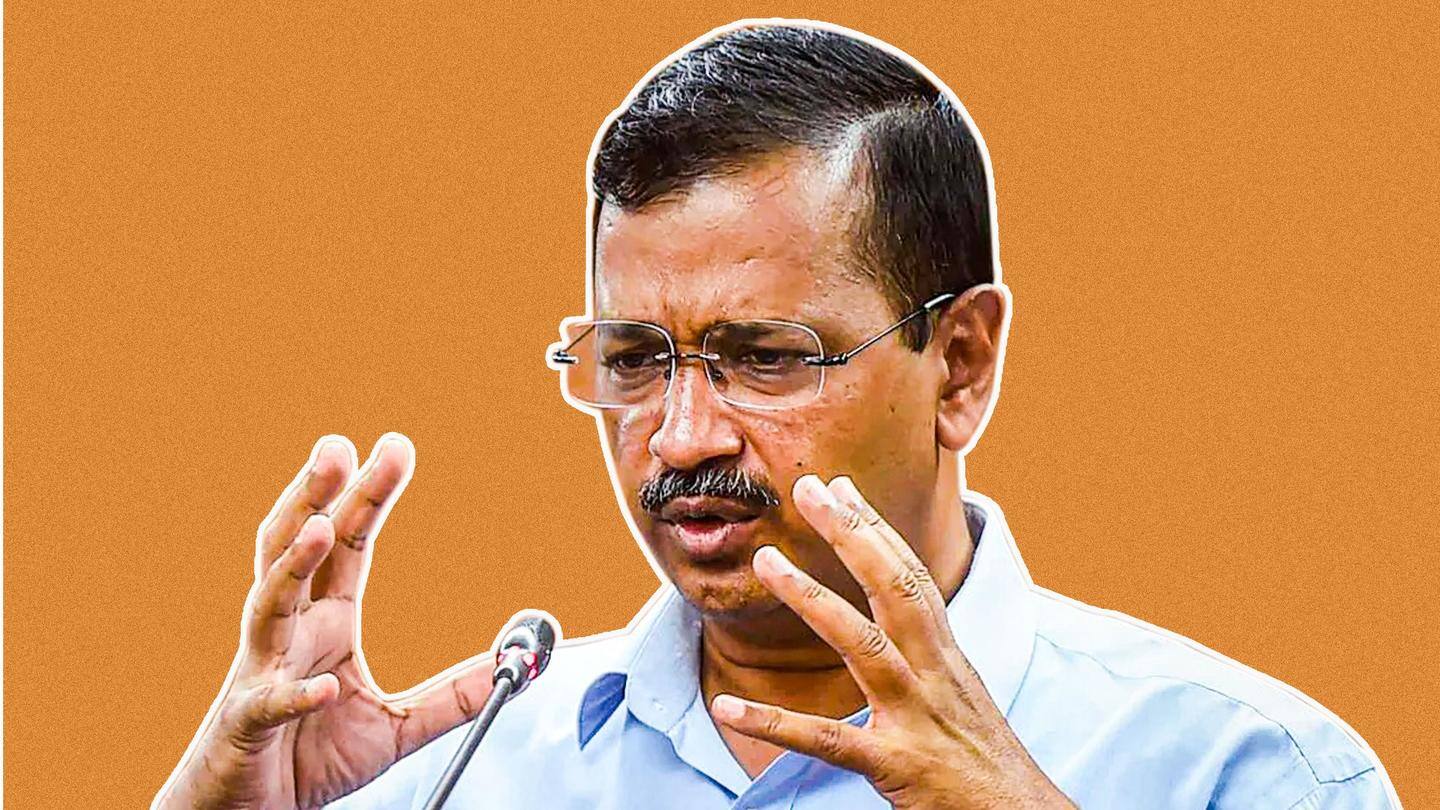
Delhi: Subsidized electricity to become optional from October 1
What's the story
Delhi government on Thursday announced that subsidized electricity will be provided only to those who request it. The new regulation, beginning from October 1, comes at a time when the country is facing a power crisis. Consumers in the national capital currently receive a "zero" electricity bill for up to 200 units/month and a subsidy of Rs. 800 for 201 to 400 units.
Context
Why does this story matter?
In the past, India has experienced roadblocks in moving toward clean energy as coal generates roughly 70% of its electricity. Several states including the national capital are experiencing power blackouts due to coal shortages. Industries are being forced to function below capacity due to power deficits. This might also trigger inflation amid struggles to combat high energy prices caused by the Russia-Ukraine conflict.
Statement
Inquiries about subsidy requirements will begin soon: Kejriwal
Chief Minister of Delhi Arvind Kejriwal today said that anyone wanting to forego electrical subsidies will be given the option. "From October 1, the Delhi government will provide electricity subsidy to only those who ask for it," Kejriwal told the media at a press conference. He also stated that the process of inquiring about discounted power from households will begin soon.
Quote
Such people can pay at normal rate: Kejriwal
"If someone thinks that he is capable of paying the normal electricity rate and doesn't need a subsidy, then he can tell the Delhi government about it. The work of asking people about this will start soon," Kejriwal added.
Details
Delhi has been staring at a power crisis
Earlier, on April 29, the Delhi administration declared there was an "acute shortage" of coal. It informed that several power plants had only one day's supply left and that the national capital may face supply interruptions. CM Kejriwal had called for immediate and tangible action to address the issue, adding that Delhi is managing the electricity supply with a lot of difficulties.
Minister speaks
What did the power minister say?
Last week, Delhi Power Minister Satyendar Jain said 25-30% of Delhi's electricity demand is met through Dadri-II and Unchahar power stations. Their role is crucial in supplying power to hospitals and Delhi Metro. He informed that these stations are witnessing a coal shortage which may hamper such essential services. Moreover, Delhi is reeling under an intense heatwave with the maximum temperature touching 45 °C.
Fact
Coal reserves dropped 17% since beginning of April
Coal reserves in power plants across India have dropped nearly 17% since the beginning of April, and they are left with only a third of the total quantity required to function. The supply crisis emerged merely months after a severe power crisis around October, when coal stockpiles fell to an average of four days, causing similar power blackouts in several states of the country.
Do you know?
Electricity demand has surged amid heatwave alerts
Electricity demand has increased as temperatures in many parts of India have risen, prompting the India Meteorological Department to issue heatwave alerts. In March, the country's average temperature hit nearly 33 °C, the highest monthly temperature ever recorded since authorities started collecting data in 1901.